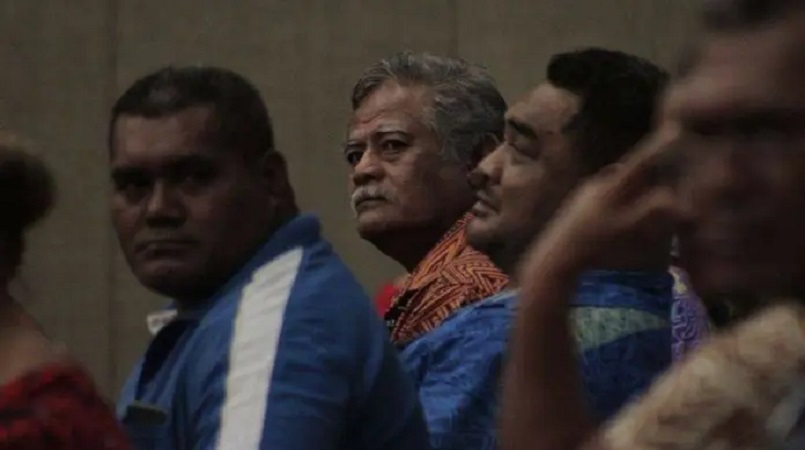
The Samoa Elections Office has reminded candidates that bribery which covers monetary gifts, food or the common offering lunch is a violation of Electoral Act.
The candidates have been warned it is illegal and labeled as an election bribery under the law with a maximum penalty of five years imprisonment if convicted.
The recipients of gifts given as a bribe also stand to be prosecuted under the law with similar penalties, if found guilty.
Samoa’s Electoral Commissioner Faimalomatumua Mathew Lemisio is reminding voters and candidates, to be mindful of the law.
He said that campaigning in the form of billboards, television advertisement, talk shows on radio and television, flyers and brochures are allowed within the specified period for media and promotional campaigning.
That period, however, ends on Sunday 4 April, five days before the 9 April election day.
Faimalomatumua said this same period five years ago was a high risk period, where it was noted in the 2016 election, candidates would deliberately turn a blind eye and suddenly become oblivious to the Electoral Act.
“The underlying factor is that we want an election that has been done cleanly. That means no bribery,” he said.
“There have been candidates in the past, who had to be removed and charged for bribery”.
“The law considers a running candidate paying someone a bribe, and a voter accepting a bribe as the same offence. The consequences if caught are the same, and that’s five years in a jail cell,” he added.
The Commissioner urges the public eligible to vote to make wise choices.
He thanked Village Councils for supporting the OEC in its mission to educate the voters through various community programs.
“There are constituencies who have invited their running candidates to debate on the issues they seek to raise in parliament and I applaud that. Because that proves the constituency leaders are taking the necessary steps to know who their running candidates are and to be well informed on their policies,” he said.
“All those are allowed. But bribery and buying votes, the law strictly stipulates that this is a major offense,” he added.
